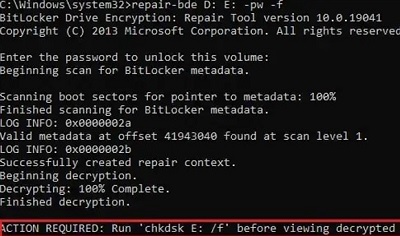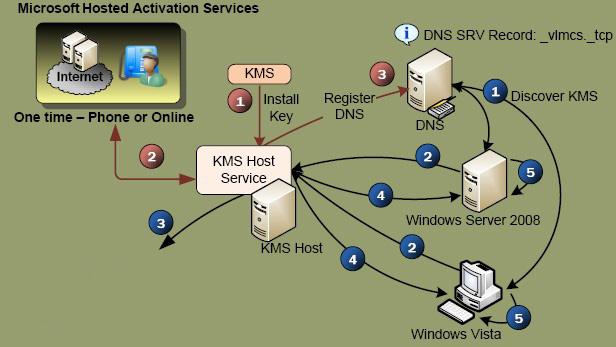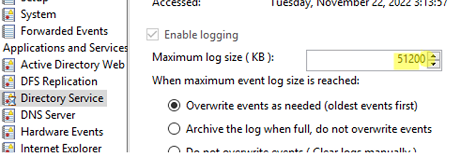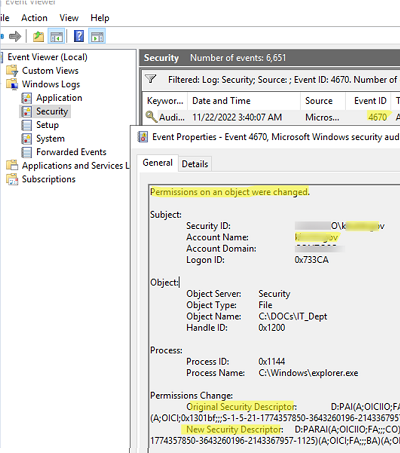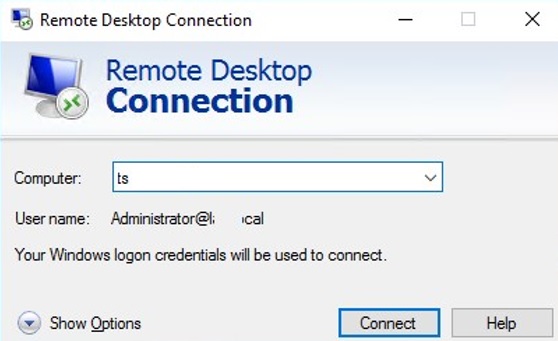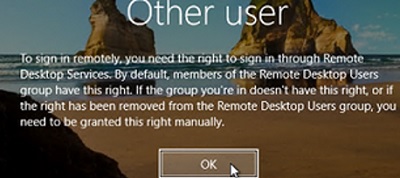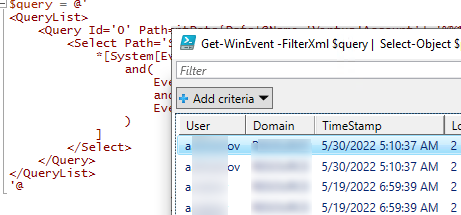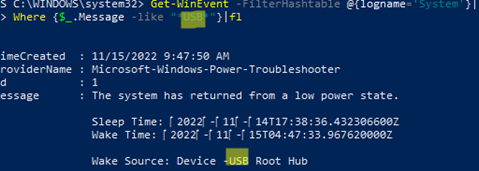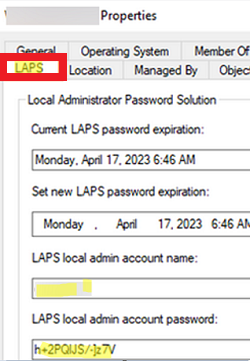BitLocker Drive Encryption technology helps protect data on your local and external drives by encrypting the contents of logical volumes. In this article, we’ll have a look at two ways…
Windows Server 2019: Installation and Configuration Tutorials
Microsoft Key Management Service (KMS) Volume Activation FAQs
This article describes how KMS technology works and how you can use it to activate Microsoft volume licensing products. The Microsoft Volume Licensing program allows enterprise customers to deploy an…
Configuring Event Viewer Log Size on Windows
Windows Event Viewer Logs store useful information that is needed when analyzing the status of services and applications in Windows, troubleshooting errors, and auditing security events. By default, the sizes…
How to Detect Who Changed the File/Folder NTFS Permissions on Windows
In some cases, the administrator needs to find out which process (program) or user has changed the NTFS permissions on a specific folder or file on a Windows file server.…
Enable Single Sign-On (SSO) Authentication on RDS Windows Server
Single Sign-On (SSO) allows an authenticated (signed-on) user to access other domain services without having to re-authenticate (re-entering a password) and without using saved credentials (including RDP). SSO can be…
Allow Non-admin Users RDP Access to Windows Server
By default, the RDP access to the desktop of Windows Server member servers or Active Directory domain controllers are restricted to users added to the local Administrators or Domain Admins…
How to Create, Change, and Remove Local Users or Groups with PowerShell
You can use the built-in PowerShell module, Microsoft.PowerShell.LocalAccounts, to manage local users and groups in Windows. This module allows you to create or delete local users and security groups, and…
View Success and Failed Local Logon Attempts on Windows
When investigating various incidents, an administrator needs to know who logged on to a particular Windows computer and when. You can get a history of user logons in a domain…
Querying Windows Event Logs with PowerShell
The Windows Event Log is an important tool for administrators to track errors, warnings, and other information reports that are logged by the operating system, its components, or programs. You…
Configure Windows LAPS (Local Administrator Passwords Solution) in AD
Windows LAPS (Local Administrator Password Solution) allows you to centrally manage the passwords for the local administrators on the computers in your AD domain. The current local administrator password is…
